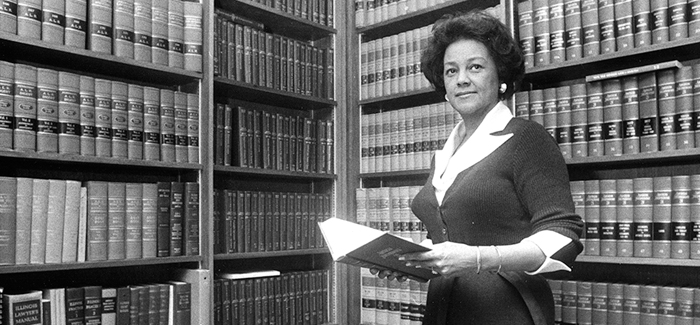Serena Williams and Ruby Bridges will be included as part of the 2024 inductee class of the National Women’s Hall of Fame.
Announced last week, the Hall of Fame’s directors announced that the women will be included alongside eight other honorees already announced in the spring. They joined the other women after the location and date of the ceremony was moved, per NBC News.
Set for broadcast nationally, the ceremony will take place in New York City instead of upstate New York where the Women’s Rights Convention was held and where the National Women’s Hall of Fame is. The women will be honored in March when Women’s History Month is officially celebrated.
Nominated by the public, Williams and Bridges will be inducted alongside Dr. Patricia Bath, Peggy McIntosh, Kimberle Crenshaw, Dr. Anna Wessels Williams, Elouside Pepion Cobell and Loretta Ross. Allucquére Rosanne “Sandy” Stone and Judith Plaskow are also part of the new class.
“The 2024 class of inductees are scientists, activists, performers, and athletes who are the changemakers of today and inspiration for the women of tomorrow,” said the Hall of Fame’s chief executive, Jennifer Gabriel, in a statement. “Their dedication, drive, and talent got them here, and we’re thrilled to honor them on the national stage.”
Each of the women will be recognized for their achievements as part of the ceremony.
Considered one of the best athletes of all time, Serena Williams is a 23-time Grand Slam champion, winning the most titles in the competition’s history. She made her professional debut at the age of 14 in 1995. Three years after her debut, Williams was already in the top 20 best tennis players according to world rankings.
Playing alongside her sister, Venus Williams, Serena won 12 Grand Slam doubles titles. The tennis player has also won gold at the Olympic Games, winning the medal four times across the doubles and singles competitions. Now retired, she’s the only person to win all four major championships in a calendar year for both the singles and doubles competition.
Social activist Ruby Bridges became a trailblazer from the age of six when she became one of the first Black students to integrate into a Southern elementary school.
On Nov. 14, 1960, she was one of four children who were transferred to the then-all-white McDonogh No. 19 Elementary School in New Orleans. The day is the subject of Norman Rockwell’s iconic image known as “The Problem We All Live With.”
Subjected to a variety of abuse for attending the school, Bridges had to have U.S. Marshals escort her to and from her school daily for her safety.
Today, Bridges continues to fight against racism as the chair of the Ruby Bridges Foundation.








